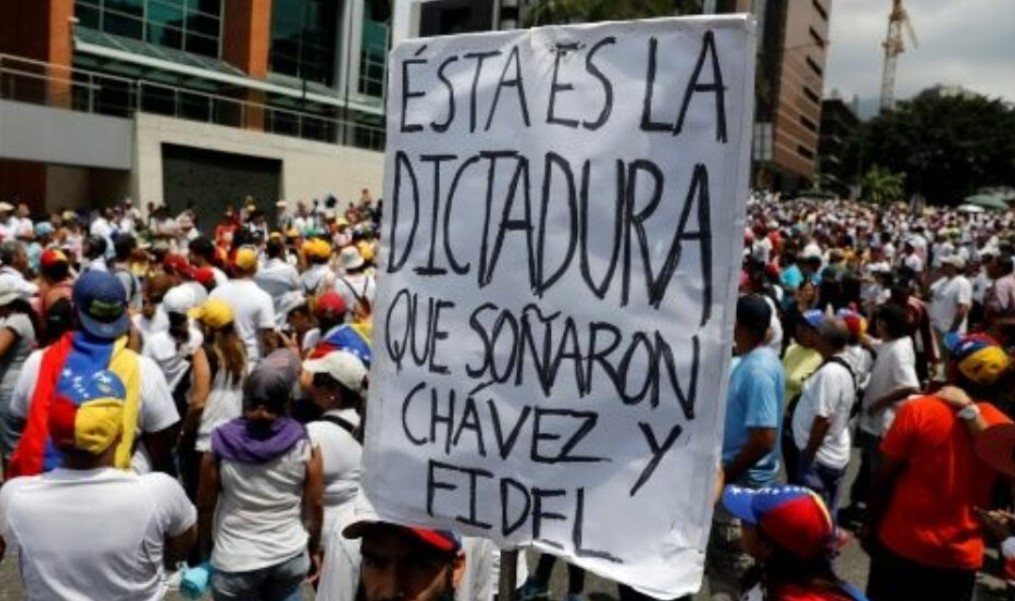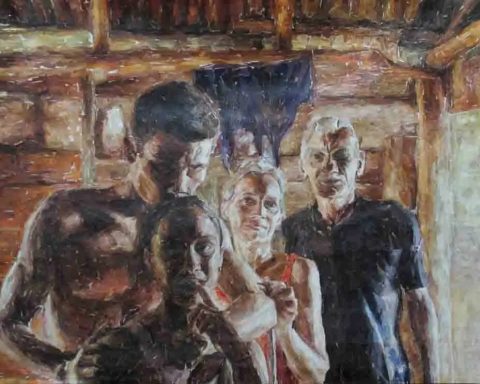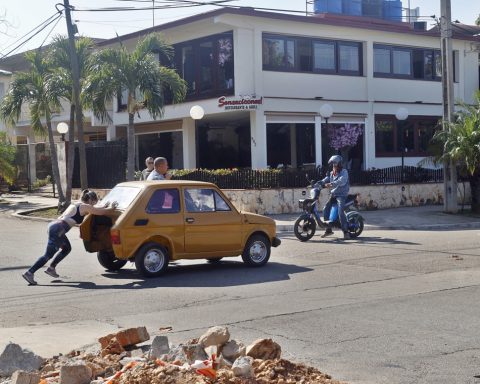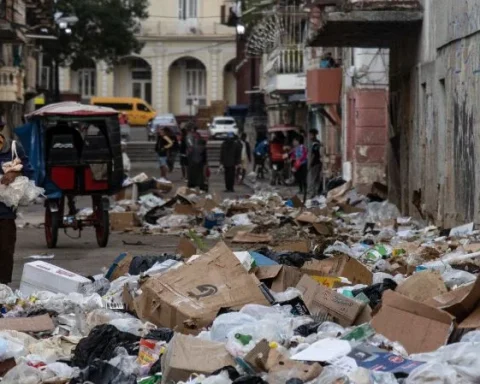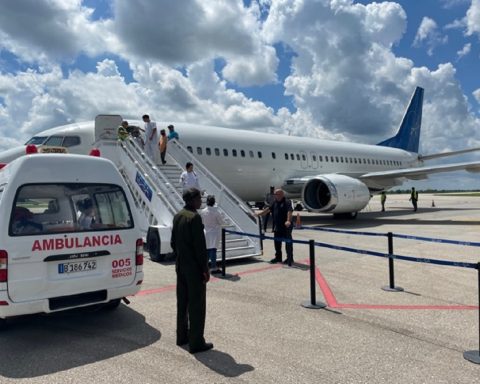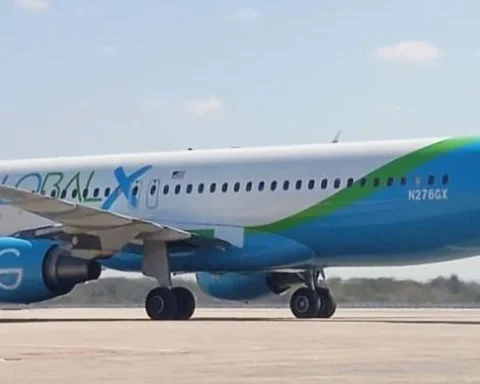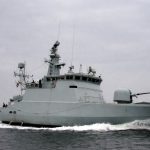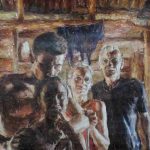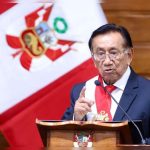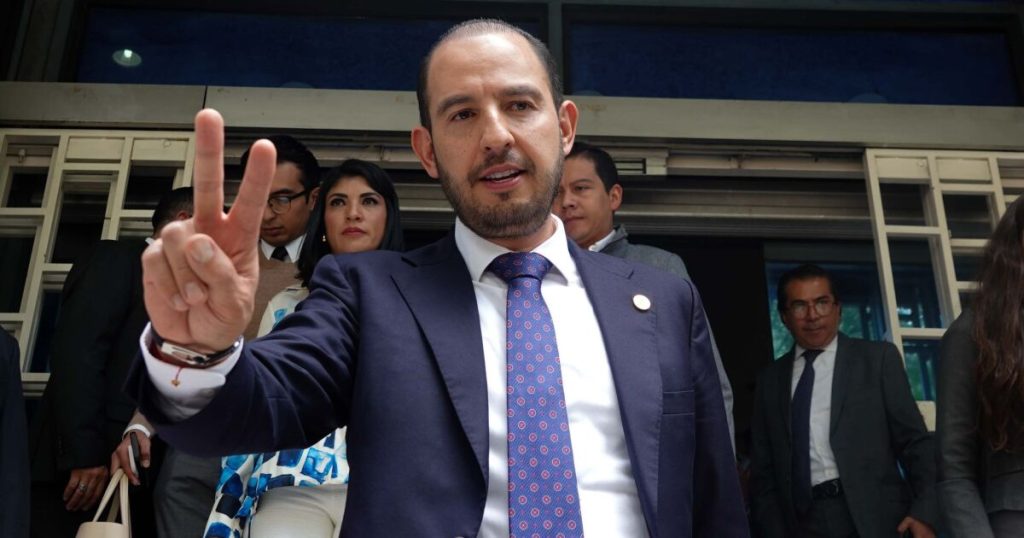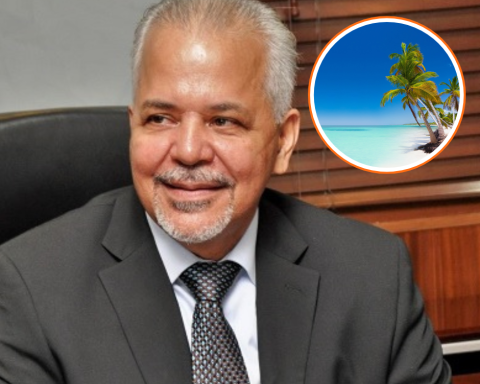HAVANA, Cuba – After a colossal fraud, Nicolás Maduro has decreed bring forward Christmas in Venezuela to next Octobermore than two months before the traditional festivities. Many call him crazy, but his decision has a political undertone: to divert attention, appear calm and try to turn the page.
Thousands of people have been killed, detained, tortured and persecuted in less than two months. The Venezuelan Prosecutor’s Office issued a statement an arrest warrant against President-elect Edmundo Gonzálezwho has had to go into exile in Spain to protect his lifeIn speeches by Maduro and his officials, they have attacked the opposition leader Maria Corina Machado and his team, calling them terrorists. Videos circulating on social media and in the press reveal the climate of terror in Venezuela: beatings and kidnappings of young people and opponents in public or in their homes – before and after the presidential elections – by the Venezuelan military.
Protests against electoral fraud have not ceased, but Maduro, with the support of Cuban military experts in terrorism against the people, has managed to impose himself and maintain power.
After almost two months, it seems that the Venezuelan opposition has reached a dead end. María Corina Machado maintains expectations and the people have taken to the streets to try to oust the usurpers, but popular mobilizations of peaceful and unarmed citizens, even though they are the majority, alone cannot overthrow a mafia that operates at gunpoint.
We Cubans know this well because we have experienced it and we know what they are capable of.
In Cuba, we have had thousands of people shot and politically imprisoned since 1959, and on July 11, 2021, we experienced the largest protests against the Cuban regime in more than six decades. For two days, Cubans remained in the streets, facing repression. Thousands were violently detained, at least one was killed and dozens were injured. They were days of terror: the military kidnapped people from their homes in the middle of the night, they went missing for days, they were tortured to confess to having participated in the demonstrations. In the following months, hundreds were prosecuted and sentenced to up to 25 years in prison. Three years later, we have at least 1,100 political prisoners in Cuba.
What has the international community done? Biden has applied some symbolic sanctions to military officials responsible for the repression. The European Union and some governments of Western democracies have condemned mass incarceration and police violence. Dozens of reports of human rights violations have been filed at the United Nations. However, Josep Borrell, the High Representative of the European Union (EU) for Foreign Affairs and Security Policy, visited the Island Less than two years later, human rights were a minor item on the agenda. And at the UN, Cuba was re-elected, for the sixth time, to join the Human Rights Council.
What have those same organizations and governments done for Venezuela? The Biden administration applied some sanctions and confiscated the plane that Maduro was using on his international trips; symbolic statements from governments and organizations, but despite evidence of fraud and repression, Edmundo González has not even been recognized internationally as president-elect.
While it is true that international rejection and denunciations are important, these remain symbolic. The pressure should be more concrete, such as blocking and/or freezing bank accounts and properties abroad of those responsible for the violations, stopping aid shipments that ultimately end up in the hands of the dictators, and also cutting all ties with these regimes and their international businesses such as tourism, academic and/or cultural exchanges and commercial transactions. It is about stopping the impunity with which they operate. But none of that happens, at least not with the necessary weight.
These human rights organizations and international and regional bodies such as the UN and the OAS (Organization of American States) are supposed to ensure that bloody tyrannies such as those in Cuba and Venezuela are not perpetuated in our countries. The mere existence of these tyrannies is a disgrace and a threat to democracy and liberal ideas.
As things stand, Cubans and Venezuelans will continue to suffer under the yoke of these regimes from which most cannot escape, there will be more arrests, torture, murders, mass exoduses… and nothing will happen. Although they have little internal support and no credibility, neither Maduro nor the Castros are going to give up power peacefully, they have already demonstrated this amply. The option of a humanitarian military intervention seems increasingly distant, it has not happened and it is not going to happen, at least not for the moment.
The Venezuelan opposition remains strong and focused, the Cuban opposition is scattered and weak. In any case, the solution will not come from abroad but lies in sustained and widespread mobilizations in the streets, in the people themselves, in which each citizen hits rock bottom and becomes convinced that to subsist in chains is to “live in shame and disgrace,” and that, as Antonio Maceo said, “freedom is won with the edge of a machete, it is not asked for; begging for rights is typical of cowards incapable of exercising them.”
Objectively speaking, this is the only option left to us, the only one they have left us. Venezuela may be closer to that, depending on how far they are able to go at this crucial moment. Otherwise, they will have a mafia and terrorist state for decades, like in Cuba. On the Island, this alternative is less viable: the internal pressure is less despite the discontent and the crisis. A distribution of power among the top, in the face of economic collapse, is the most perceptible.
I wish I had more encouraging news, but I leave optimism to the politicians.
